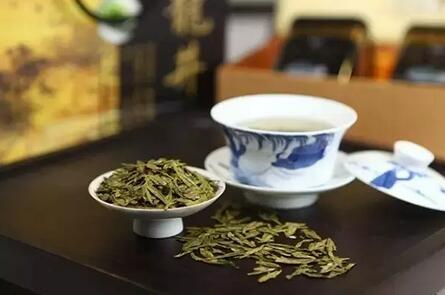
Tea was originally a medicinal herb. All medical texts record the properties, taste, and effects of tea, and all agree that tea is cold in nature and bitter in taste. Lu Yu's "The Classic of Tea" states, "The use of tea is of the coldest taste." "Xin Xiu Ben Cao · Mu Bu" notes, "Tea, bitter in taste, slightly cold and non-toxic." Chen Cangqi's "Ben Cao Shi Yi" says, "Tea, bitter and cold, breaks heat." Li Shizhen's "Compendium of Materia Medica" states, "Tea is bitter and cold, most effective in reducing heat." The "coldest taste" in "The Classic of Tea" actually refers to its extremely cold nature.
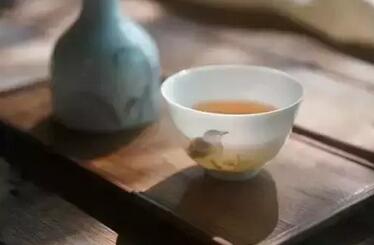
Ranking of tea leaves for reducing heat:
1. Unfermented green tea: The coldest in nature, it is the best for reducing heat when the body has excessive internal heat, based on the principle of mutual generation and restraint.
Green tea is made without fermentation, preserving the natural substances of fresh leaves. It contains more nutrients such as tea polyphenols, catechins, chlorophyll, caffeine, amino acids, and vitamins. These natural components have unique effects in preventing aging, cancer, and inflammation, surpassing other types of tea. Green tea is made from suitable tea tree shoots through processes like fixation, rolling, and drying.
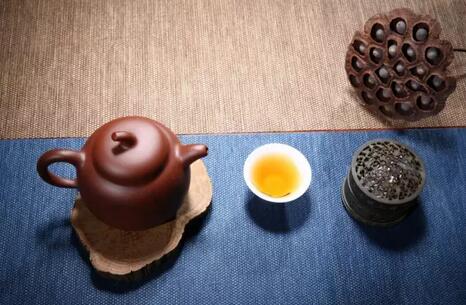
Green tea has the most varieties, including Zhejiang Longjing, Anji white tea, Anhui Maofeng, Suzhou Biluochun, Xinyang Maojian, and Laoshan green tea.
Although chrysanthemum tea is not technically tea, it is also excellent for reducing heat.
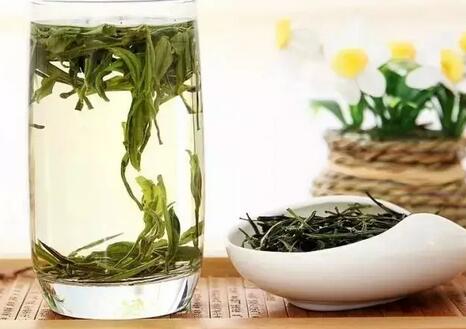
2. Lightly fermented teas: Fragrant Iron Goddess tea, white tea (especially silver needle), yellow tea, and raw Pu-erh.
These teas are milder in nature compared to green tea but still retain its functions. They are very effective for reducing heat.
For those with sensitive stomachs who still want to reduce heat, these teas are recommended.
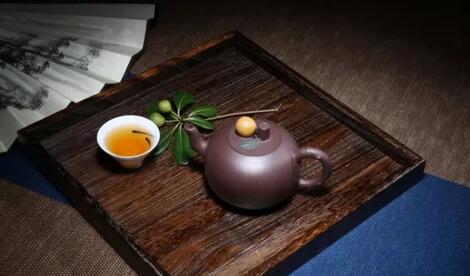
Note:
1. Not all teas reduce heat. Semi-fermented and fully fermented teas are less effective for this purpose.
2. Teas that have been roasted are not suitable for reducing heat and may even cause internal heat, so they should be avoided.